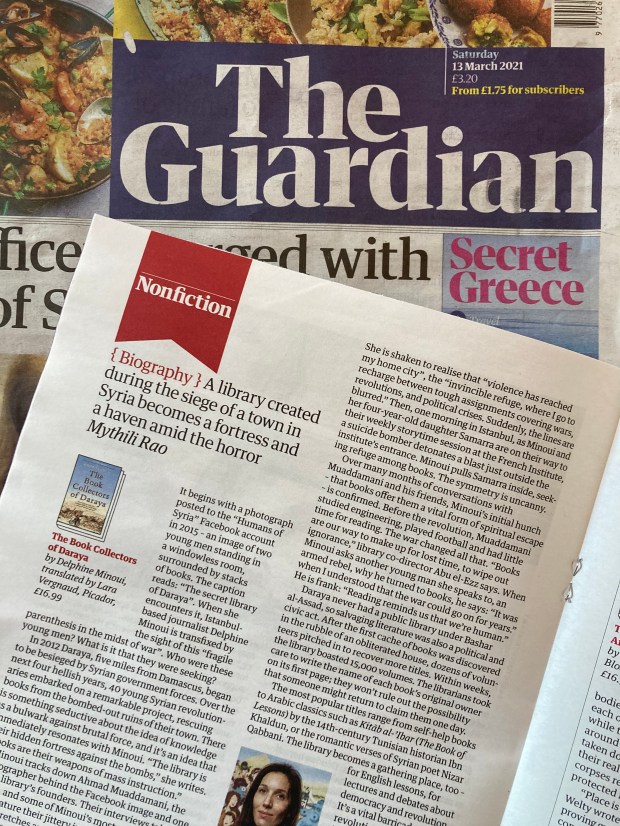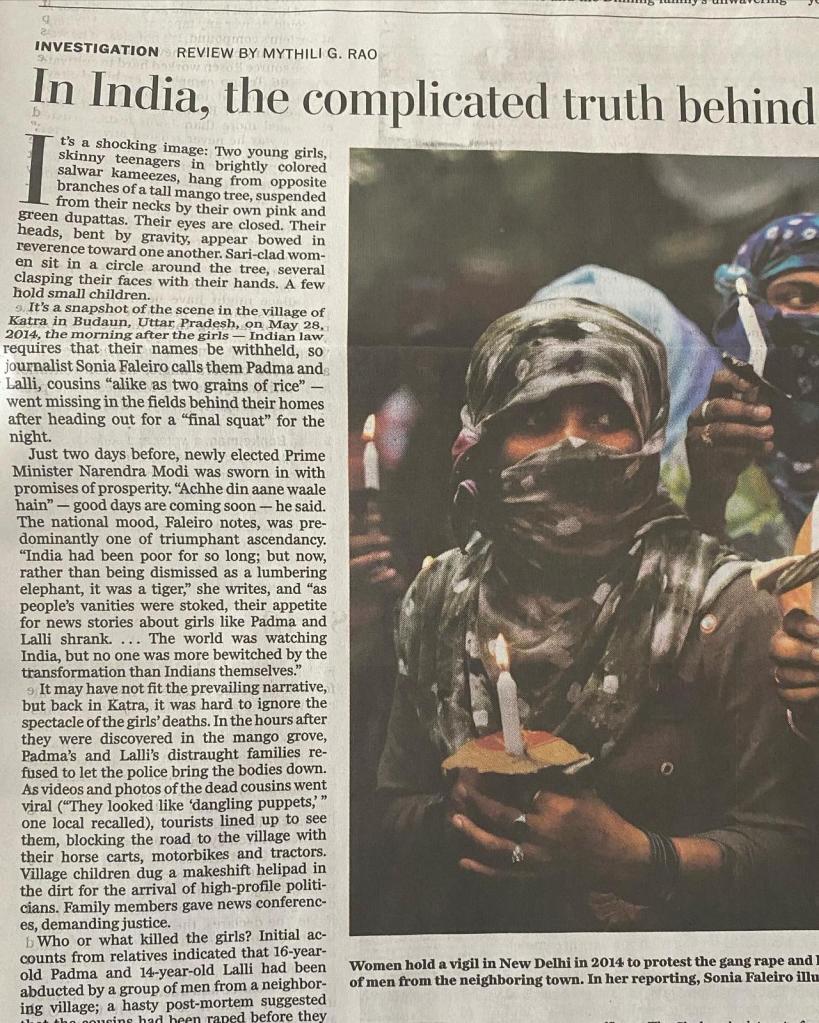As the year comes to a close, time for a little round-up!
In the second half of 2025, I’ve had the pleasure of turning my attention to a number of good new books.
For Intelligence Squared, I interviewed:
- historian Deborah Baker about her book on the events preceding the 2017 Unite the Right rally, Charlottesville: An American Story (and how neither of us hail from “FFV”s)
- Women’s Prize winning author Yael van der Wouden about her novel The Safekeep (and what the millenial fantasy of homeownership has to do with the Netherlands’ WWII secrets)
- historian Helen Carr about Sceptred Isle: A New History of the Fourteenth Century (and why Richard III was such a weirdo)
- author Olivia Laing about their novel The Silver Book (and why 1970s Italian cinema speaks to the current political moment)
- poet Raymond Antrobus– in a live conversation at the Kiln Theatre— about his memoir The Quiet Ear (and why he is very grateful to have grown up in Tony Blair’s Britain)
- Guardian columnist Simon Jenkins about his Short History of America from the Tea Party to Trump (and why he’s so invested in the continued success of the American experiment)
And for the Guardian, I reviewed two memoirs:
If there’s any one theme that runs across these books, I think it might have to do with the nature of history and how the past lives on with us.
It’s a theme that also runs through the podcast series I’ve been working on since June– a project that’s deepened my appreciation for the work archivists do to preserve the historical record. The subject matter is heavy (so heavy!), but it’s been a dream of a production with a wonderful team, and I look forward to sharing all six episodes in late 2026.
Until then, as we close out one year and start another: Happy reading, listening, and reflecting (and resting!).






